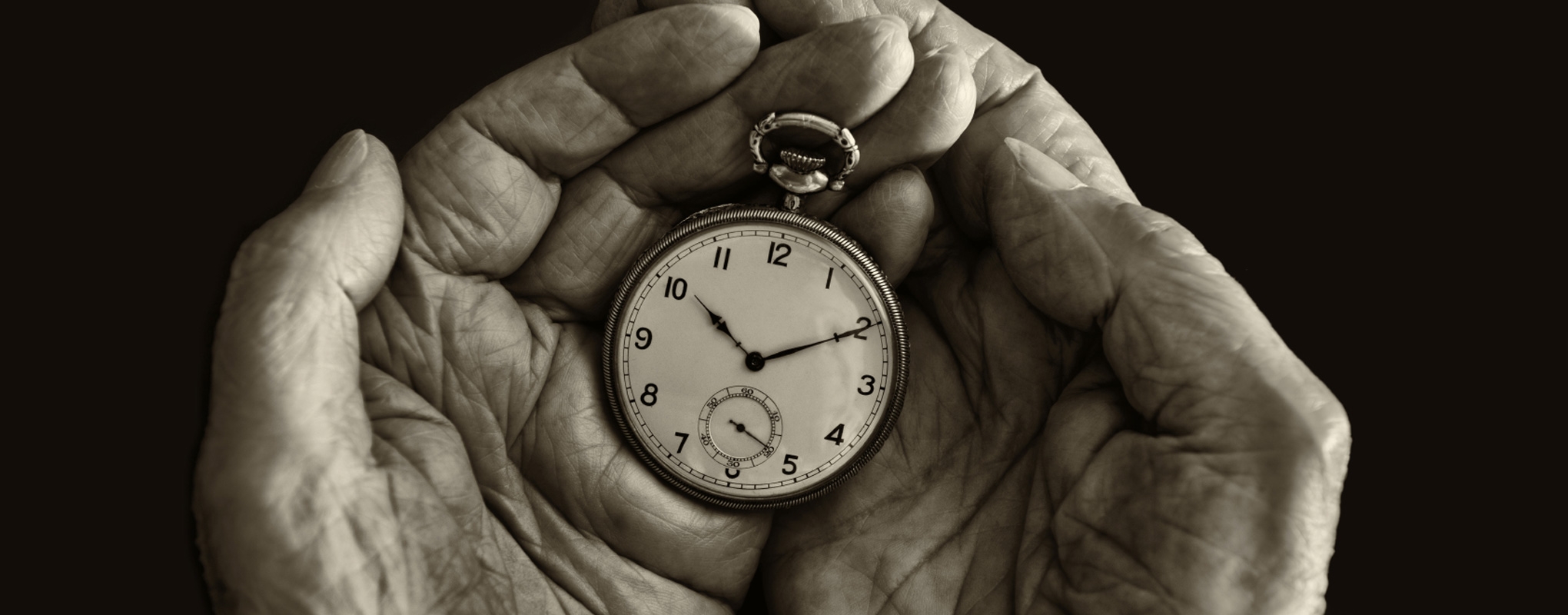How not to get Old - Part I: Introduction
As the title suggests, this series of articles aims to give the reader some idea of how to delay or offset some of the cellular and emotional issues associated with aging. There will be 5 parts to this series.
Part I is the introduction.
Part II deals with ‘the brain’.
Part III is more complex and deals with the musculoskeletal system.
Part IV focuses on the endocrine, digestive and other internal systems of the body.
Part V deals with the ‘spirit’ i.e. your sense of inner youthfulness and enjoyment of life.
Part I: Introduction
Of course we cannot remain forever young and besides, who would want to? Age carries with it gravitas, grace, serenity and implied wisdom. You also get a discount on public transport and in some health food shops - good! Aging also implies degeneration and reduced functional capacity – not good!
You could of course argue that since modern medicine lets us live (on average) much longer lives, the associated degeneration is just the due payment for more years alive. I would disagree, because it is within our power to not be entirely subject to degeneration and to fight it fairly successfully.
What do I mean? Well, all around us are substances in our food, water and air that place undue strain on our bodies (and brain), leading to accelerated mental and physical degeneration. Substances like high-fructose corn syrup (HCFS) blunt our sensitivity to insulin leading to reduced physical and mental capacity as we age. Advanced glycation end products (AGEs) as found in lots of processed foodstuffs, will glycate (AKA ‘crosslink’) our structural proteins, leading to joint stiffness and inelastic skin. Irritant foodstuff (such as wheat, gluten, dairy) will lead to chronic low-grade inflammation which can drain us of energy as well as making us more susceptible to environmental irritants such as hay fever or dermatitis, etc. The low grade inflammation also sets us up for heart disease, Alzheimer’s, diabetes, etc. – which are of course, potentially fatal conditions.
Myopenia (age-related loss of muscle mass) and osteopenia (age-related loss of bone mineral density) seriously blunt our physical capacity and strength as we age, however these hormonally-influenced events are not inevitable… we just have to manipulate our own hormones in a way that is relatively healthy (certainly ‘healthier’ than a shattered pelvis due to brittle bones) and controlled, but which ‘tricks’ the body into believing that it is still relatively young and requiring of both muscle and bone. This is the field of hormone replacement therapy… and it is growing in popularity.
When it comes to the sense of inner youth and enjoyment of life, this author feels that the general reduction in community living and family values plus the increased stress associated with the western lifestyle can make us all become more insular, less giving and less ‘spiritual’. This can turn us into grumpy old b*stards, just when we should be kicking back in our twilight years, and enjoying the peace and beauty of the world around us as well as our serene inner world.
Now to many readers this may all seem to be the ‘right and proper’ way to get old. Well maybe for you it is, however I choose to walk a different path and I hope you will join me. I don’t intend to cling onto life – however pathetic it may eventually become – just for the sake of a few extra miserable years. No, I intend to employ certain strategies and tactic to armour my physicality and my spirituality against the tides of time.
Some of the things I want to discuss with you are going to be controversial (such as the use of anti-aging peptides) and are certainly not for everybody. However please bear in mind that we all develop our life perspectives over time and that something you consider to be ‘out of bounds’ today, might not seem so in a year or two. In other words, please do not dismiss something out of hand as being ‘too extreme’.
Finally: bear in mind that this is all just one mans’ opinion, based upon scientific research and first-hand experience. It is not a set of instructions nor is it medical advice. Do not attempt to recreate any of the methods or practices contained within this series of articles. This author holds no responsibility for your actions.
In the next instalment we look at the Brain vs. Aging!
